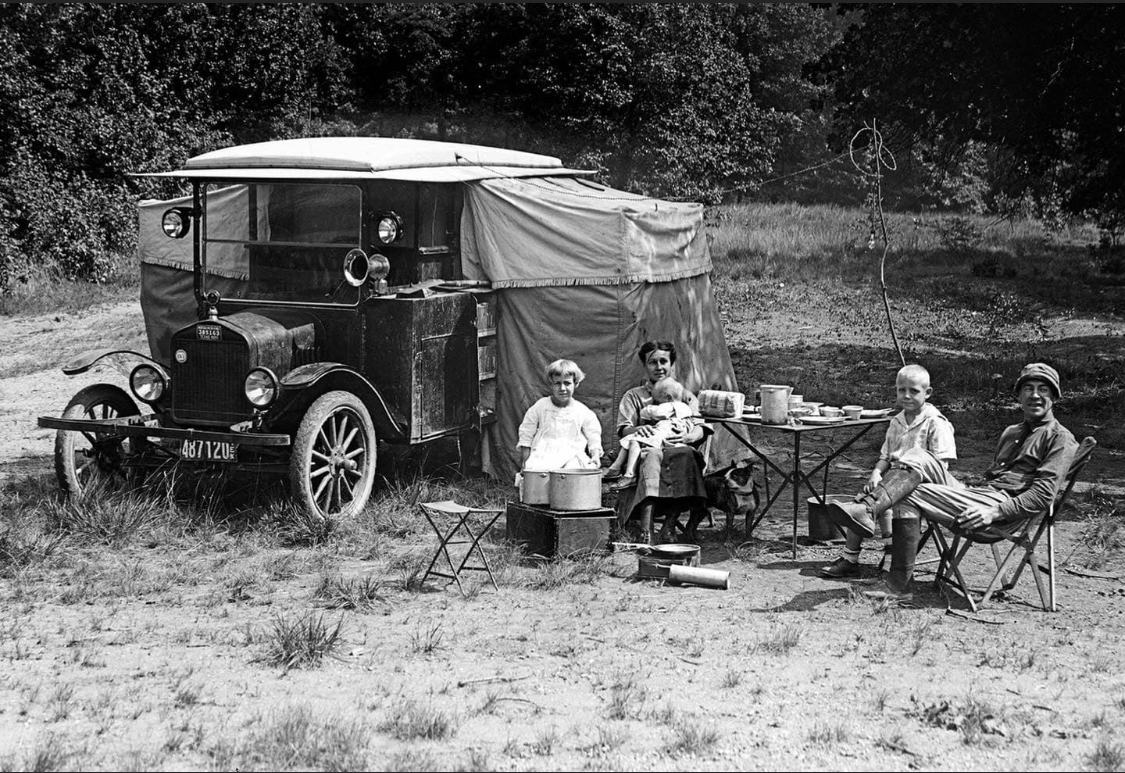The status of your RV if you file for bankruptcy depends on the type of bankruptcy you file and the laws of the state where you live.
Whether or not a bankruptcy trustee will allow you to keep your RV in a Chapter 7 bankruptcy depends on the laws of the state where you live and the value of your RV.
Most states have exemptions that protect certain assets, such as a person’s primary residence and personal property, from being liquidated in a Chapter 7 bankruptcy. These exemptions vary by state, but most states have an exemption for a certain amount of equity in a vehicle even an RV is some instances.
If your RV is fully paid for and its value is less than the exemption amount, you may be able to keep it in a Chapter 7 bankruptcy. However, if your RV is worth more than the exemption amount and you have equity in it, the trustee may choose to sell it to pay your creditors.
In a Chapter 13 bankruptcy, you can typically keep your car but an RV may be problematic. A Chapter 13 bankruptcy, also known as a “reorganization” bankruptcy, allows individuals to keep their assets and pay off their debts over a period of 3-5 years through a court-approved payment plan.
In a Chapter 13 bankruptcy, you will have to make payments to the trustee over the course of the plan. These payments will be used to pay your creditors, and you will be able to keep your RV as long as you continue to make payments.
It is important to note that you will have to continue making payments on the RV loan, if you have one, as a part of the plan payments. If you fall behind on these payments, you may lose your RV.
It is always recommended to consult with an experienced bankruptcy attorney to know the specific laws of your state and the best course of action for your specific case. In Utah contact the Utah Bankruptcy Guy Team today!
